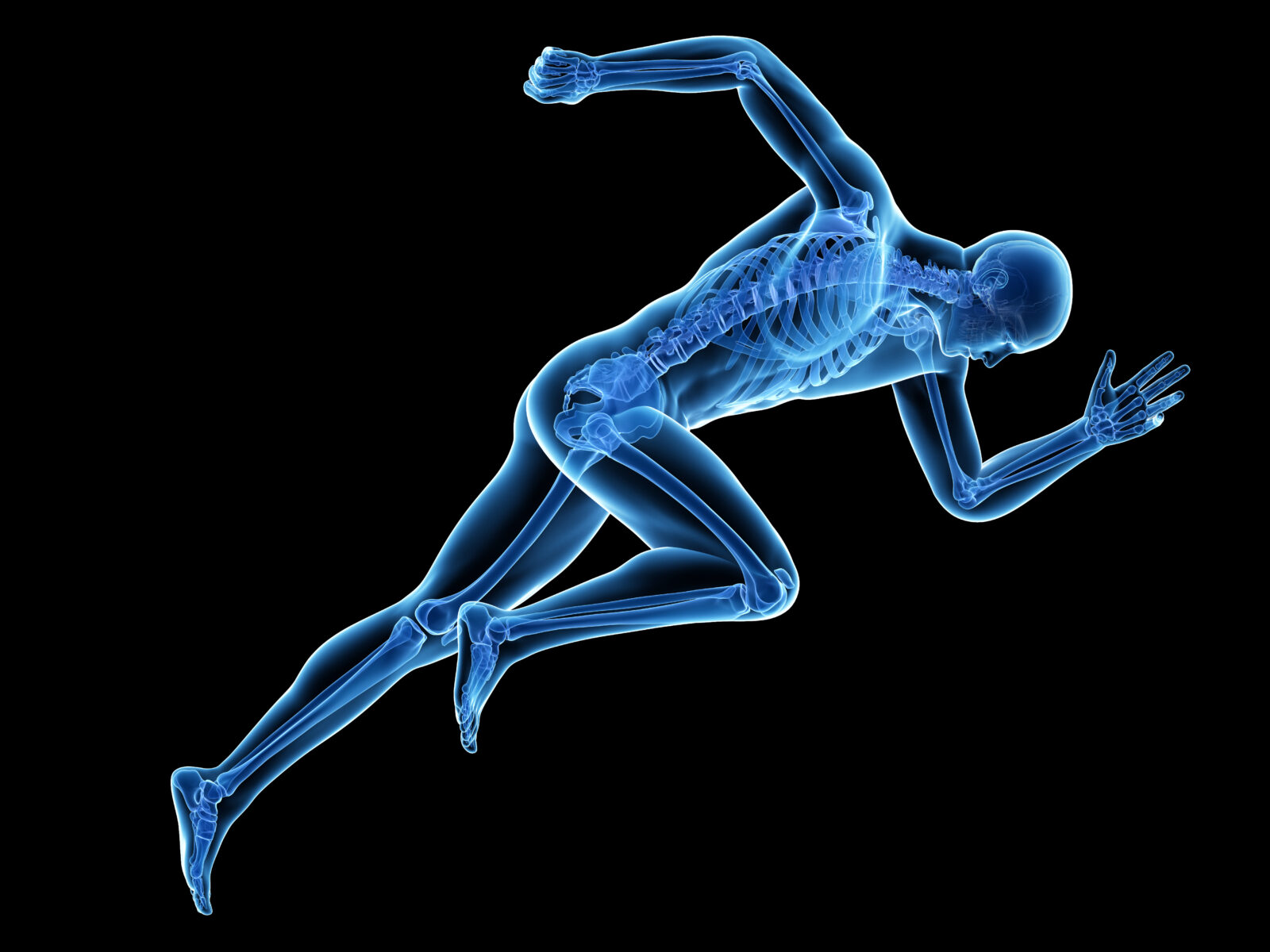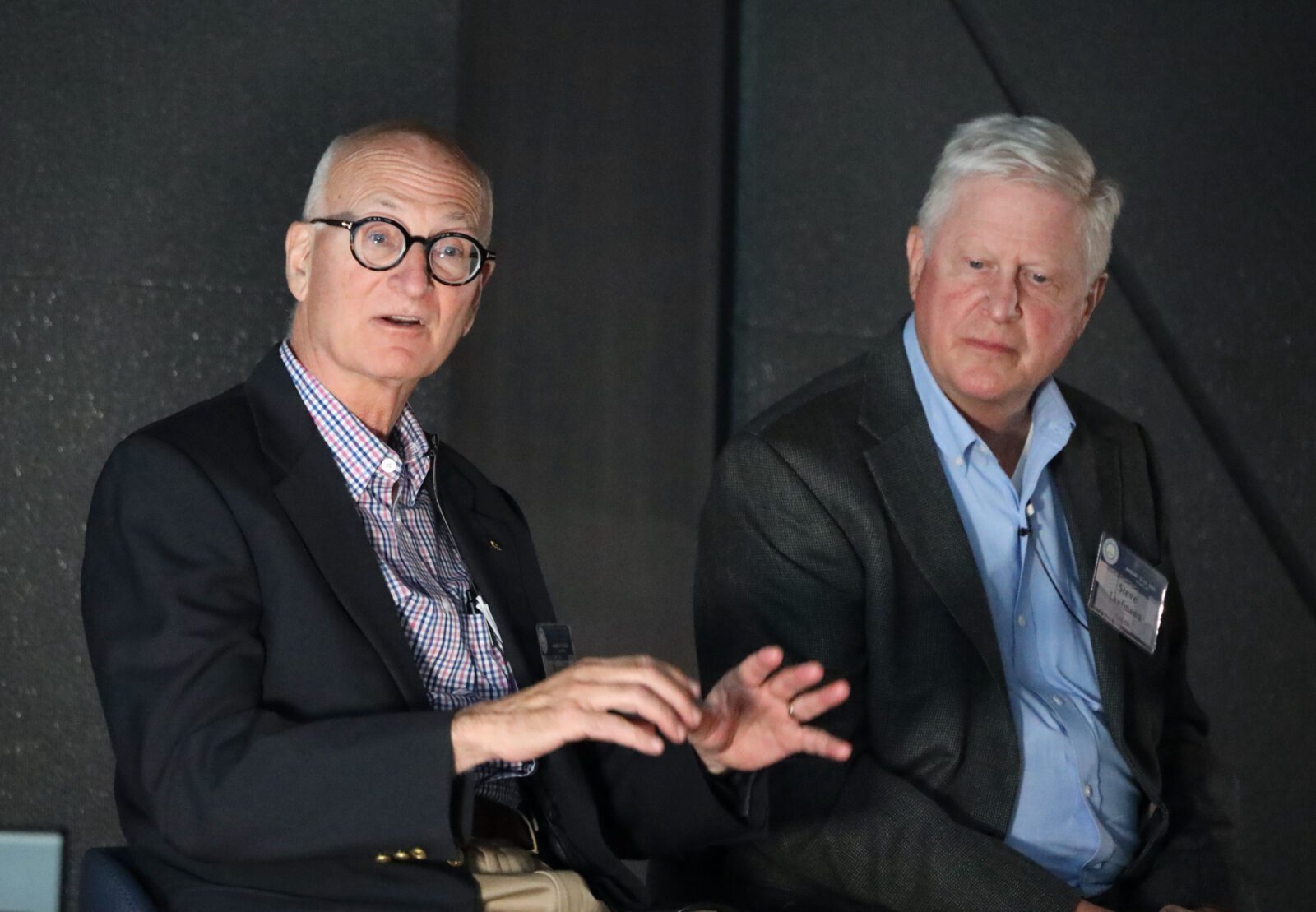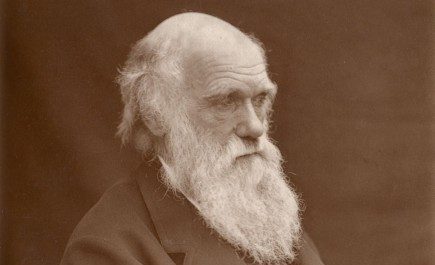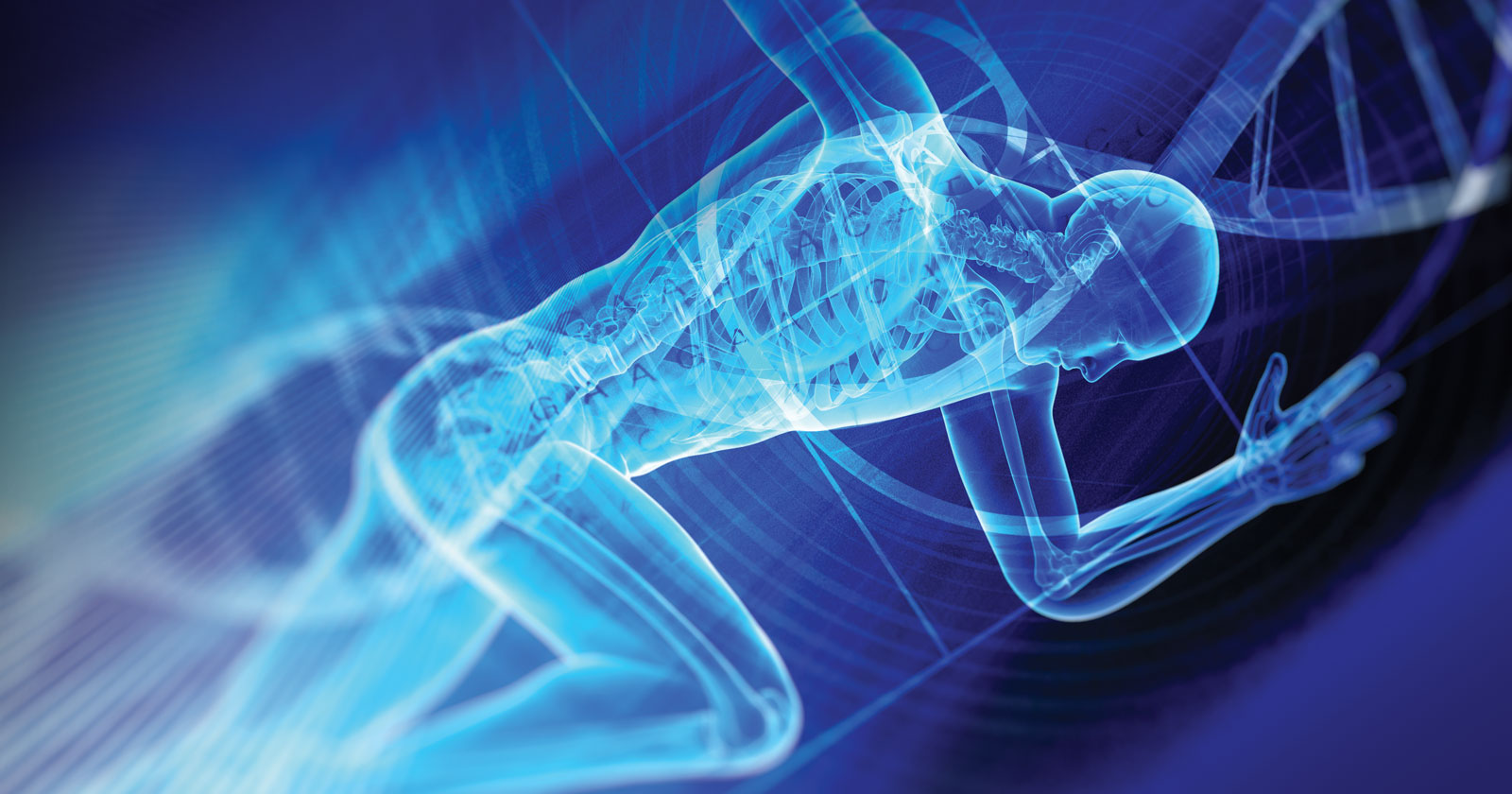


Fleshing Out a Theory of Biological Design
On today’s ID the Future, author and engineer Steve Laufmann delves into the theory of biological design he develops in Your Designed Body, his new book co-authored with physician Howard Glicksman. Laufmann explains how his engineering background has helped him further develop design theory and, with help from Glicksman, apply it to the human body. In exploring the causal capacities of intelligent design, Laufmann spotlights four elements: (1) intentional actions, which in turn require mind, agency, and foresight; (2) adaptive capabilities, which involve, among other things, control systems that employ sensors, logic, and effectors; (3) design properties (e.g., modularity); and (4) degradation prevention. The last of these features is implemented by engineers to get a system to last longer. In the case of living organisms, it works at the individual level, as with our immune system and other bodily repair systems; but as Laufmann notes, it also works across generations to slow genetic degradation. Tune in as Laufmann and host Michael Egnor explore these and other insights at the intersection of biology and engineering.

Evolution: How Darwin’s Four Causal Factors Fail
On today’s ID the Future, Your Designed Body co-author and systems engineer Steve Laufmann continues his conversation with host and neurosurgeon Michael Egnor. In this episode, Laufmann reviews four causal factors involved in Darwin’s theory of evolution, and explains why they lack the power to generate life’s great variety of forms. To dive deeper into his argument, check out Laufmann’s new book co-authored with physician Howard Glicksman.

A Neurosurgeon and an Engineer Explore Your Designed Body
On today’s ID the Future, neurosurgeon Michael Egnor hosts systems engineer Steve Laufmann, author with physician Howard Glicksman of the new book Your Designed Body. Egnor makes the surprising confession that his medical library is full of engineering texts because at some point he discovered that engineering texts, and engineering principles, often shed more light on human physiology than did his physiology books. Egnor, then, is extraordinarily well prepared to interview Laufmann about the amazing engineering of the human body. Tune in for Part 1, and stay tuned for Parts 2 and 3.

Michael Medved Spotlights the New Book, Your Designed Body
On today’s ID the Future, radio host Michael Medved spotlights Your Designed Body, the new book from Discovery Institute Press by systems engineer Steve Laufmann and physician Howard Glicksman. Laufmann joins Medved on the show to offer a quick flyover of the book and to explain why he sees the human body as not only designed but designed by a master engineer, light years ahead of our best human engineers. Laufmann says that the human body is an interdependent system of systems that poses grave challenges for the Darwinian mechanism of gradual evolution by natural selection, but more than this, when the human body is studied using well-established engineering principles, we find that it anticipates numerous advanced engineering concepts and techniques. What about aspects of the human body that are said to be badly designed or vestigial? Laufmann also touches on that in the interview, but to get his extended rebuttal, get your copy of the book here.

The Role of Engineers in the Systems Biology Revolution
Today’s ID the Future spotlights systems biology and the role engineers can play in some leading-edge biology. According to guest Steve Laufmann, systems biology is taking the biological world by storm, an approach that treats biological systems as optimally or near-optimally engineered systems and, using that working assumption, seeks to better understand the system. Laufmann says this provides an opening for engineers to contribute, since they have a deep understanding of what it takes to make a complex system work, and what’s required to change one core aspect of an engineered system so that it continues to work with all of the other crucial parts of the system. Many biologists aren’t trained in this, Laufmann says, and most engineers aren’t trained in the details of biology. Laufmann argues that the way forward is to get engineers and biologists talking, train biologists in engineering principles, and train engineers in biology. Laufmann and host Eric Anderson also discuss a recent conference they helped organize, the Conference on Engineering in Living Systems (CELS). Near the end of their conversation, Anderson asks Laufmann to tease some of the research work coming out of the conference, and Laufmann points to one researcher’s work on the bacterial flagellum, and promises more to come.

A Look at Nathan Lents’ WSJ Piece on the “Botched” Human Body
On this episode of ID the Future, Steve Laufmann critiques a recent article by Dr. Nathan H. Lents, The Botch of the Human Body. The article purports to show that so-called “design errors” in the human body prove it wasn’t designed. Laufmann describes five ways Lents’ argument is a “bizarre blend of ignorance and arrogance.” For instance, Lents often ignores something basic to engineering–the necessity of design tradeoffs.
Read More ›
Coherence and Function: Laufmann on Glicksman’s Series, The Designed Body
On this episode of ID the Future, Tod Butterfield interviews Steve Laufmann on Dr. Howard Glicksman’s 81-part EN series, The Designed Body. Listen in as Laufmann reflects on coherence in the body, specifically displayed in fetal development, as well as the limits of natural selection.
Read More ›
Forty Parameters of The Designed Body: Laufmann Reflects on the Complexity of Life
On this episode of ID the Future, Tod Butterfield interviews Steve Laufmann on Dr. Howard Glicksman’s 81-part EN series, The Designed Body. Listen in as Laufmann reflects on the body’s fight against equilibrium, the Goldilocks principal, and more!
Read More ›
Steve Laufmann: Is Biology Engineering?
On this episode of ID the Future, Steve Laufmann is on the show to discuss a recent article he published at Evolution News, in which he examines the heart of the debate of whether biology is engineering. Laufmann discusses systems engineering, the improbability of a system assembling by chance, and notes that “the value of the system as a whole is derived largely from the relationship of the parts.”
Read More ›